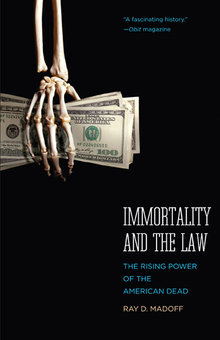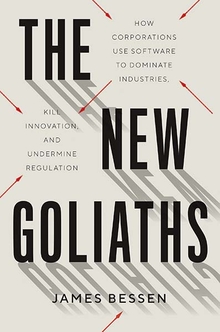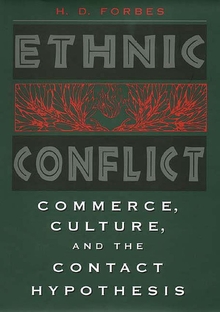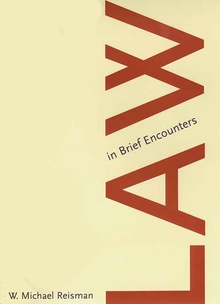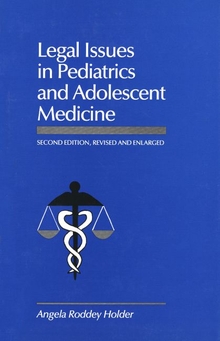Immortality and the Law
WARNING
You are viewing an older version of the Yalebooks website. Please visit out new website with more updated information and a better user experience: https://www.yalebooks.com
The Rising Power of the American Dead
Ray D. Madoff
This book takes a riveting look at how the law responds to that distinctly American dream of immortality. While American law provides virtually no protections for the interests we hold most dear—our bodies and our reputations—when it comes to property interests, the American dead have greater control than anywhere else in the world. Moreover, these rights are growing daily. From grave robbery to Elvis impersonators, Madoff shows how the law of the dead has a direct impact on how we live. Madoff examines how the rising power of the American dead enables the deceased to exert control over their wealth forever through grandiose schemes like "dynasty trusts" and perpetual private charitable foundations and to control their creative works and identities well into the unforeseeable future. Madoff explores how the law of the dead can, in essence, extend the reach of life by granting virtual immortality to individuals. All of this comes, Madoff contends, at real costs imposed on the living.
Whether it is on issues of reproductive procedures, artistic creations, copyright protections, reputational interests, trust provisions, property rights or charitable giving, our laws are increasingly giving greater privileges to the dead while not calculating the costs exacted on the living. Particular striking is the author’s analysis of charitable trusts, many of them foundations, which are founded largely on the twin pillars of donor intent and perpetuity. Both insure the “dead hand” of the past and limit the extent to which great wealth can be spent to solve today’s societal problems.
Is this shift in the law good for our society and for our democracy? Has it tilted too much against the interests of the living? Professor Madoff argues that it has. She makes a persuasive argument that a balance must be restored.”—Pablo Eisenberg, Senior Fellow, Georgetown Public Policy Institute
"The book’s greatest achievement resides in its lively delivery, featuring captivating examples that render the material accessible to student and scholar alike. The book’s scope extends well beyond the dynasty trust, presenting colorful accounts of other interests subject to varying degrees of postmortem control such as the disposition of one’s human remains, posthumous publicity and reputational concerns, and intellectual property created by the decedent. Law students enrolled in my 4-credit Trusts and Estates course lavished the book with praise, perhaps entertained by anecdotes such as a composer’s unsuccessful attempt to obtain a copyright license from Stephen Joyce, grandson of author James Joyce, to set eighteen words of Finnegans Wake to music (said Stephen, “To put it politely, mildly, my wife and I don’t like your music.”), the shocking postmortem instructions to burn unpublished manuscripts of Virgil’s Aeneid and Franz Kafka’s The Trial, or the dubious graveyard provenance of specimens used by the University of Pennsylvania for its then-novel course, first offered in 1745, in the study of human anatomy. Immortality and the Law is a commendable addition to any library. I have certainly added it to mine."—Reid Kress Weisbord, Journal of the American Taxation Association
Publication Date: June 28, 2011

